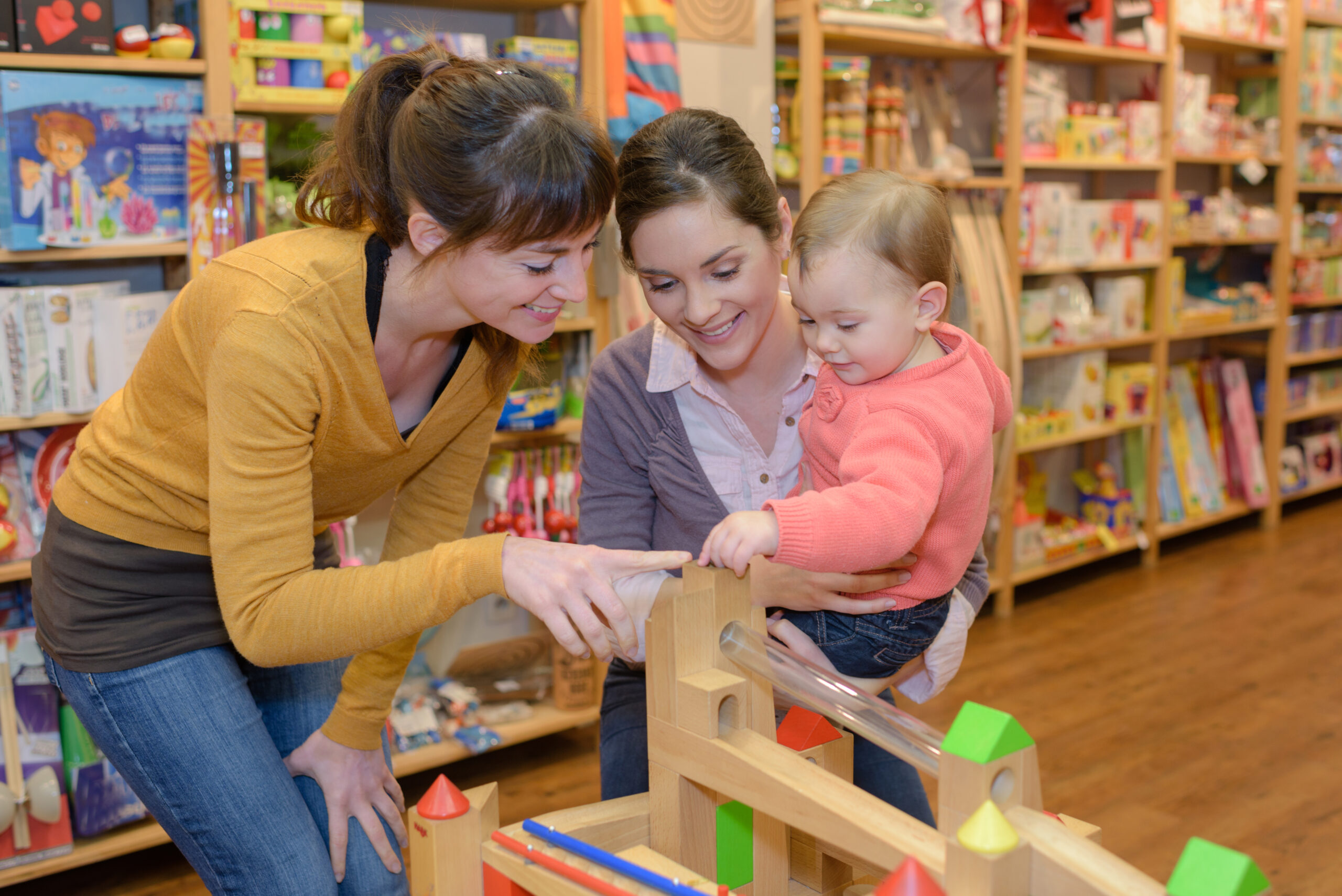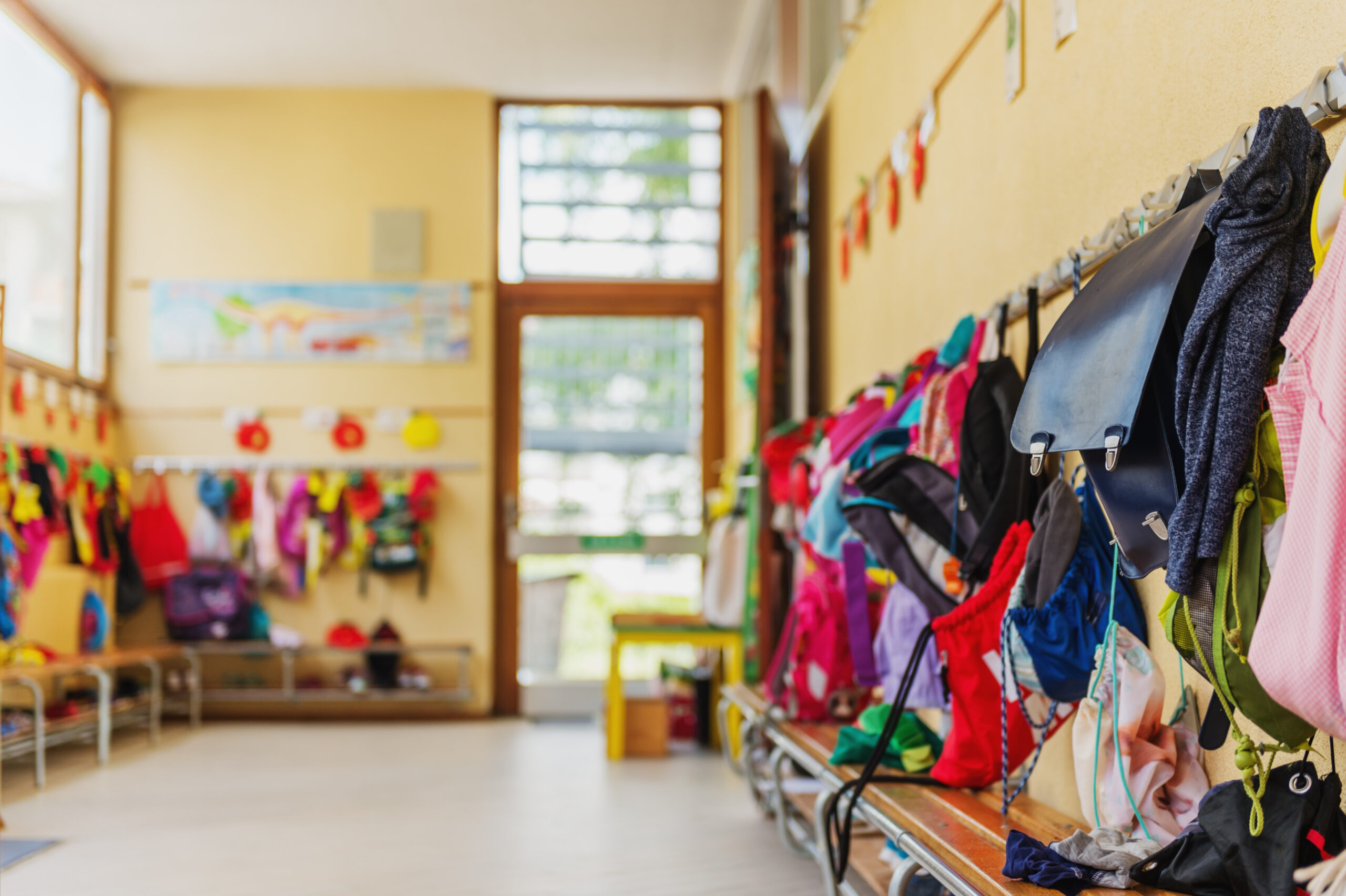Sending your child to daycare can be a significant milestone for both parents and children. As a parent, you want to ensure that your child feels comfortable and prepared for this new experience. In this blog post, we’ll explore practical ways to prepare your child for a day at daycare, taking into consideration not only their physical needs but also the psychological factors associated with entering a new space.
Creating a Positive Daycare Experience
Building a Routine
Establishing a consistent routine can help your child adjust to the structure of a daycare environment. Begin by gradually introducing a daily routine at home, including regular meal times, playtimes, and bedtime rituals. This consistency will make the transition to daycare smoother and more predictable for your child.
Visiting the Daycare
Before your child starts attending daycare, schedule a visit to familiarize them with the environment, staff, and other children. This will help alleviate any anxiety your child may feel about going to a new place. During the visit, be sure to remain positive and enthusiastic, as your child will pick up on your emotions and react accordingly.
Discussing Daycare
Talk to your child about daycare and what they can expect during their day. Use age-appropriate language to explain the activities they will participate in, the friends they will make, and the new things they will learn. Encourage your child to ask questions and express their feelings about attending daycare.
Preparing for the First Day
Packing a Comforting Item
Sending your child to daycare with a comforting item, such as a favorite stuffed toy or blanket, can help them feel more secure in the new environment. Be sure to check with the daycare provider to confirm that personal items are allowed.
Labeling Personal Belongings
To avoid any confusion or mix-ups, label all your child’s belongings with their name, including clothing, lunch boxes, and any comfort items they bring to daycare.
Preparing Nutritious Meals and Snacks
Providing your child with healthy meals and snacks will help them maintain their energy levels throughout the day. Discuss any dietary restrictions or preferences with the daycare provider to ensure that your child’s nutritional needs are met.
Addressing Separation Anxiety
Gradual Separation
Easing your child into daycare by starting with shorter visits and gradually increasing the duration can help reduce separation anxiety. This slow introduction allows your child to become comfortable with the daycare environment and staff before they attend full-time.
Establishing Goodbye Rituals
Developing a consistent goodbye ritual can provide a sense of security and predictability for your child. This might include a special hug, a high-five, or a secret handshake. By maintaining a consistent routine, your child will know what to expect when it’s time for you to leave.
Staying Positive and Confident
Your child will take cues from your emotions, so it’s essential to stay positive and confident during drop-off times. If you appear anxious or upset, your child may become more distressed. Reassure your child that you will return at the end of the day and that they will have a great time at daycare.
Fostering Emotional Resilience
Encouraging Independence
Teach your child basic self-care skills, such as dressing themselves, washing their hands, and using the bathroom independently. This will help them feel more confident and capable at daycare.
Practicing Emotional Expression
Encourage your child to express their feelings and thoughts about daycare openly. Validate their emotions and provide reassurance when needed. Open communication will help your child feel more secure and supported during this transition.
Building Social Skills
Arrange playdates or participate in group activities to help your child develop essential social skills





